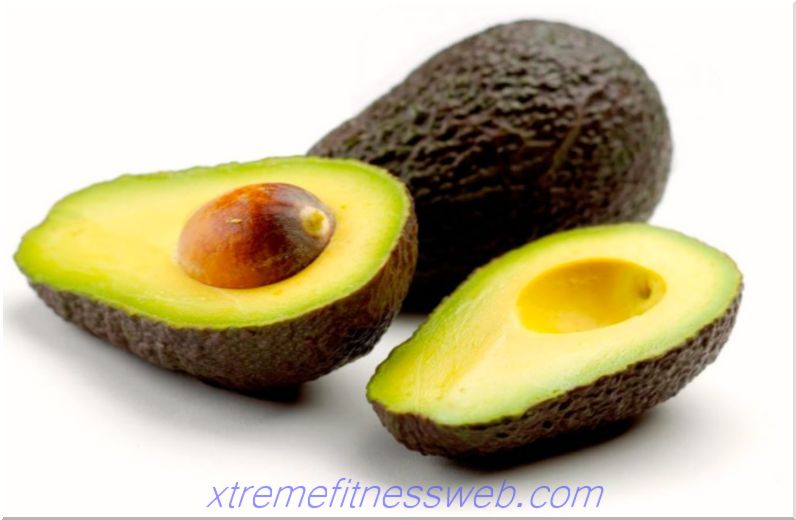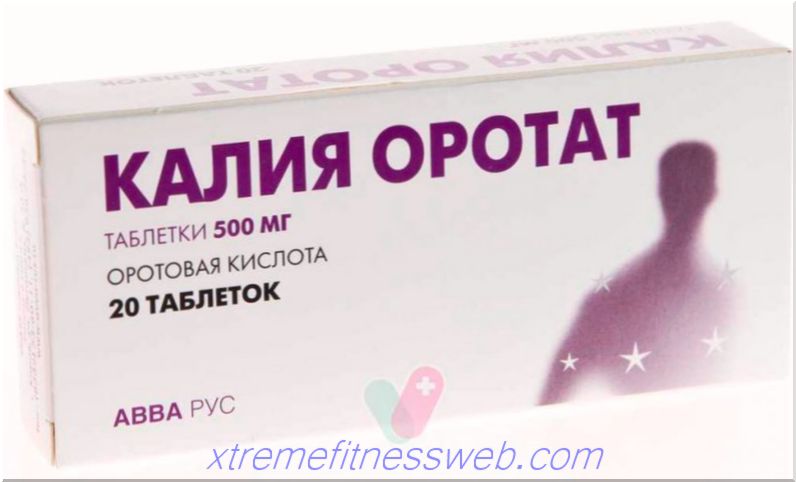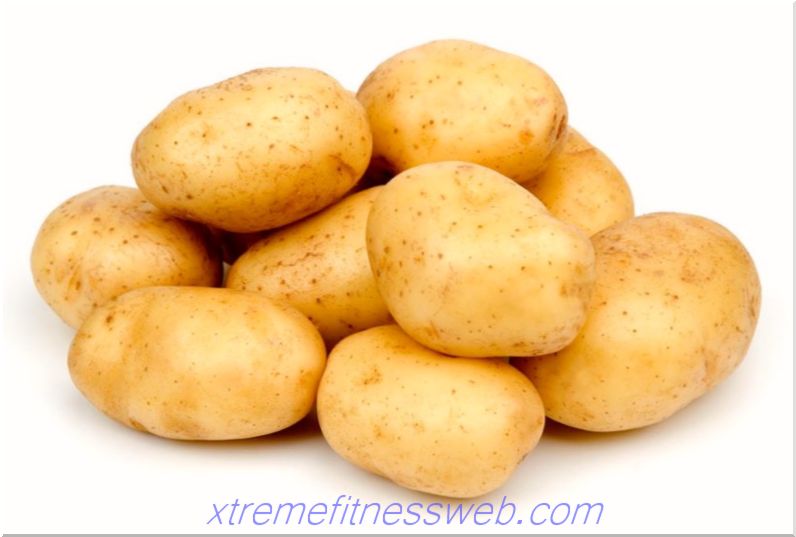- The value of collagen for the human body
- The process of collagen synthesis in the body
- Collagen Supplements
- Daily rate
- Which is better - gelatin or industrial additives ">
Better prevention than treatment

Collagen is a special fibrillar protein. It is the main component of all connective tissues. Thanks to strong collagen threads, tendons, joints, cartilage, dermis, ligaments, muscles and bones are stretched, and with high physical stress, the risk of a gap is eliminated. For the skin, this protein plays an equally important role. He is responsible for preserving youth and the health of the epidermis. Its role for the body is not limited only to these functions, and the quantity should be maintained at the required rate.
Joint Supplements: Collagen / Gelatin, Research
Content
- 1 The value of collagen for the human body
- 1.1 Importance for Athletes
- 2 The process of collagen synthesis in the body
- 2.1 What foods contribute to the synthesis process "> 3 Collagen Supplements
- 3.1 Animal
- 3.2 Marine
- 3.3 Vegetable
- 3.4 Gelatin
- 4 Daily Value
- 5 Which is better - gelatin or industrial additives?
- 6 Better Prevention than Treatment
The value of collagen for the human body
This protein is responsible for:
- the growth of new cells in connective tissues;
- moisture retention by cells;
- structurality and connection of cells into a single whole;
- elasticity and elasticity of bonds;
- prevention of age-related skin changes such as sagging, sagging, wrinkles.
Importance for Athletes
Increased physical exertion experienced by athletes significantly increases the importance of a sufficient amount of collagen in their body. For those involved in sports, it is especially important that this component of connective tissue:
- helps strengthen bones, ligaments and joints;
- reduces the risk of injury;
- prevents the thinning of cartilage;
- makes ligaments, tendons and muscles flexible.
This protein is especially important for bodybuilders, weightlifters, powerlifters who have injuries, discomfort (pain, crunching, limited mobility) with loads in the joints, cartilage and ligaments.

The process of collagen synthesis in the body
The composition of collagen fibers, like any protein, is amino acids, the main of which are hydroxylysine and hydroxyproline. Important for synthesis is the content in the body:
- sulfur, zinc, copper, silicon and iron;
- vitamins of groups A, C, E, D and F;
- lutein, anthocyanidins.
The first contribute to the flow of the synthesis process, the second normalization of collagen, and the third to strengthen its fibers.
What products contribute to the synthesis process ">
Collagen Supplements

It is quite difficult to fill the deficiency of this fibrillar special protein with food intake. To provide it in the amount necessary for the body, you can use it in the form of additives. They are represented by three types of collagen.
Animal
Obtained from parts of cattle such as joints, tendons, skin. This type of collagen is considered one of the most affordable, but does not differ in good digestibility. It penetrates poorly into the cells of the body through the epidermis and is not recommended for use in the manufacture of additives and cosmetics that improve the condition of nails, hair and skin. Such collagen is undesirable in the production of cartilage-regenerating gels, ointments, and cream.
Nautical
Obtained from the bones and skin of marine fish. It is distinguished by a good degree of digestibility, a fairly affordable cost. Its main drawback is that it causes intolerance in many people.
Vegetable
It is highly digestible and safe. The main source for obtaining is wheat and other plant species. The downside is the high cost, which makes it not quite affordable.
Collagen can be taken topically and orally. Cream and gel are used when there are problems with dermis, pain in the joints. For the prevention and treatment of various diseases of ligaments, joints, cartilage, it is recommended to take supplements inside.
Gelatin
 The substance, which is known to many under the name "gelatin", is a product of the denaturation process - the destruction of amino acid bonds within a protein by thermal exposure, and is hydrolyzed collagen. The source for this product is of the highest quality and undergoes both preliminary processing and a long drying process.
The substance, which is known to many under the name "gelatin", is a product of the denaturation process - the destruction of amino acid bonds within a protein by thermal exposure, and is hydrolyzed collagen. The source for this product is of the highest quality and undergoes both preliminary processing and a long drying process.The main feature of gelatin (hydrolyzed collagen) is a good degree of digestibility. It is absorbed into the intestines from the digestive tract (gastrointestinal tract). Its effect is that it strengthens bones, ligaments with tendons, helps to restore cartilage.
Daily rate
A person who does not engage in sports, in order not to have problems with the musculoskeletal system, is enough to consume up to 2 grams of gelatin daily, and an athlete - about 5 grams . If a person regularly exercises in the gym, lifting extra weight, then the recommended dosage should be increased, taking up to 10 grams . Industrial additives are taken in accordance with the attached instructions. As a rule, the dosage is 5-6 grams.
Which is better - gelatin or industrial additives ">
Better prevention than treatment
The main thing is to remember that the key to good health and to prevent the development of problems associated with connective tissue diseases is collagen intake, the use of products recommended for its active production. Clear loss of elasticity and elasticity of the cartilage, joints, muscles, tendons allows the strict observance of the standards for the use of collagen (gelatin). This is especially true for those who are actively involved in sports. Their body needs this protein to a large extent more than the average person.
- 2.1 What foods contribute to the synthesis process "> 3 Collagen Supplements




 The substance, which is known to many under the name "gelatin", is a product of the denaturation process - the destruction of amino acid bonds within a protein by thermal exposure, and is hydrolyzed collagen. The source for this product is of the highest quality and undergoes both preliminary processing and a long drying process.
The substance, which is known to many under the name "gelatin", is a product of the denaturation process - the destruction of amino acid bonds within a protein by thermal exposure, and is hydrolyzed collagen. The source for this product is of the highest quality and undergoes both preliminary processing and a long drying process.




